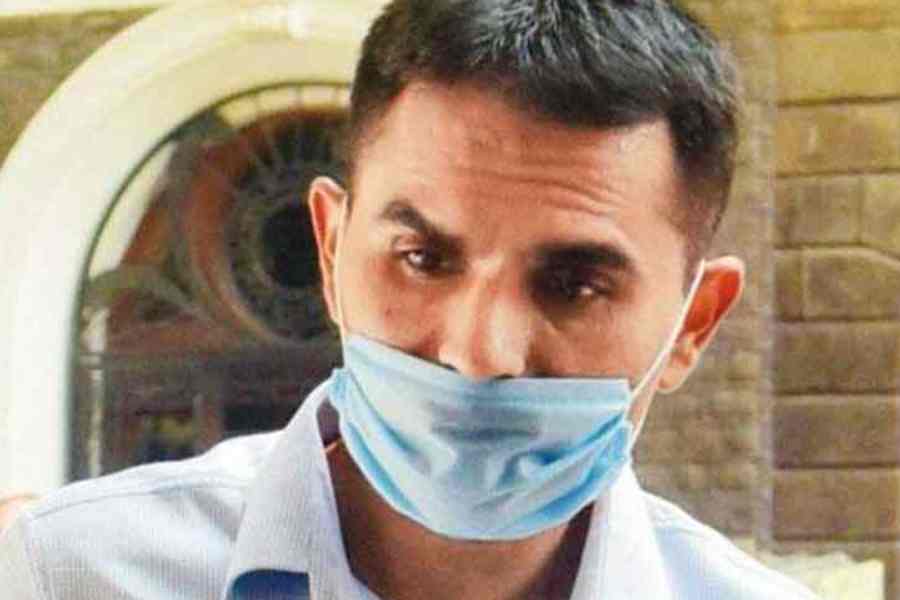The line between heroism and villainy no longer holds with certainty. The fall from grace of Sameer Wankhede, the former zonal head of the Narcotics Control Bureau, illustrates this point. Mr Wankhede had been celebrated by a puritanical constituency — public and political — after his role in the arrest of Aryan Khan, the son of the actor, Shah Rukh Khan, for allegedly possessing drugs. Concerns with procedural improprieties and the case’s political undertones had been drowned in the din of a shrill witch hunt against the accused. That these concerns were legitimate was proven when Mr Khan was given a clean chit by the NCB. Now, an investigation by the Central Bureau of Investigation has revealed a sinister, deeper plot. Mr Wankede has been accused of hatching a plan to extort money from Mr Khan’s family. The incident — it is by no means rare given the greasy hands of law-enforcement institutions — bares an ironic loophole: the vulnerability of the Narcotic Drugs and Psychotropic Substances Act, 1985 to abuse by investigating officers. The police may not be the only agency that needs supervision. The Union home ministry lords over the NCB; hence the application of political pressure to target individuals in high profile cases cannot be ruled out. The NCB needs to be insulated from this kind of intimidation. The law, itself, needs to be reformed too. In fact, the Union ministry of social justice had proposed changes to the NDPS Act, suggesting an empathetic definition of drug offenders and the inclusion of mandatory rehabilitation and community service, to uphold the dignity of drug offenders. The aim of these amendments was admirable: it was intended that law and law officers should have a humane face.
Globally, anti-drug legislations have been known for their prejudicial underbellies. There is, for instance, empirical evidence to suggest that the war on drugs campaign by the Richard Nixon administration prioritised discrimination and retribution, causing substantial collateral damage. This is not to undermine the threat posed by drugs. In India, Punjab and northeastern states have borne the brunt of the menace. The intercontinental drug trade flourishes in spite of repeated confiscations of drugs, of late from Gujarat. The challenge, then, is the adoption of a piecemeal approach to the hydra-headed phenomenon. Those complicit in the trade, especially its kingpins, must be punished. But a medico-legal approach must guide the treatment of the victims.










